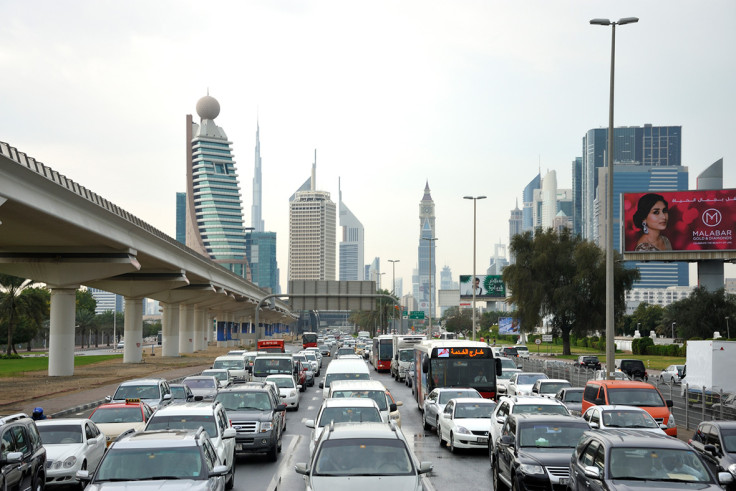Living near busy roads linked to increased risk of developing dementia
Pollution is thought to be the main cause for the link, but factors such as noise could play a role too.

Exposure to heavy traffic and busy roads could account for up to one in 10 cases of dementia, a new study has found.
According to the new findings, people living within 50 metres of a busy road have been found to be 7% more likely to develop dementia, and those living between 50-100m away were 4% more at risk.
Between 100-200m, the risk increase fell to 2%, and at distances greater than 200m there was no recorded increase.
Other factors, such as the length of time people had lived close to busy roads, also appeared to be linked to an increased risk of developing the condition. People who had lived within 50m of a busy road all their lives were 12-14% more likely to develop the condition.
The study surveyed 6.6 million adults living in Ontario, Canada, to investigate links to where people lived, based on their postcode, and how likely they were to develop dementia, Parkinson's disease or multiple sclerosis. The only significant link found was for dementia.
The exposure to pollutants from living close to a busy road is thought to be the main cause for the increased risk, although the study only identified the link between roads and increased risk, rather than identifying direct causes.
Nitrogen dioxide and fine particulate matter from vehicle exhausts was linked with dementia. But other factors are likely to play a role, the study authors say, such as noise from traffic. The study is published in the journal The Lancet.
"Despite the growing impact of these diseases, little is known about their causes and prevention," said study author Hong Chen of Public Health Ontario in a statement. "Our study suggests that busy roads could be a source of environmental stressors that could give rise to the onset of dementia.
Increasing population growth and urbanisation has placed many people close to heavy traffic, and with widespread exposure to traffic and growing rates of dementia, even a modest effect from near-road exposure could pose a large public health burden."
"Regardless of the specific nature of air pollutants, people living close to busy roads will inhale large amounts of complex mixtures of pollutants, and every individual will respond differently to the same air pollutants," Lilian Calderón-Garcidueñas and Rodolfo Villarreal-Ríos, medics at the University of Montana, wrote in a comment article in The Lancet.
"We must implement preventive measures now, rather than take reactive actions decades from now."
© Copyright IBTimes 2024. All rights reserved.






